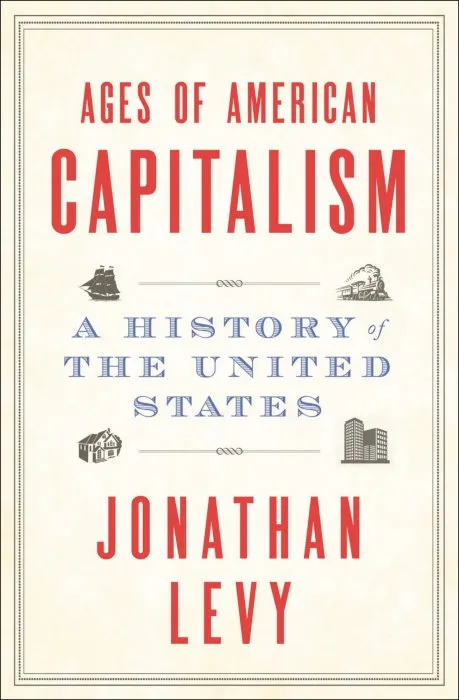Trading Spaces: The Colonial Marketplace and the Foundations of American Capitalism (American Beginnings, 1500–1900)

Date: November 28th, 2019
ISBN: 022665981X
Language: English
Number of pages: 296 pages
Format: EPUB
Add favorites
"A compelling addition to the history of capitalism . . . reminds us that globalization's current realities have deep roots in the early modern era." —Margaret Newell, author of Brethren by Nature: New England Indians, Colonists, and the Origins of American Slavery
When we talk about the economy nowadays, "the market" is usually just an abstraction, but historically, the exchange of goods was tied to a particular place. Capitalism has gradually eroded this connection to create our current global trading systems. In Trading Spaces, Emma Hart argues that Britain's colonization of North America was a key moment in the market's shift from place to idea, with major consequences for the character of the American economy.
Hart's book takes in the shops, auction sites, wharves, taverns, fairs, and homes of seventeenth- and eighteenth-century America—places where new mechanisms and conventions of trade arose as Europeans re-created or adapted continental methods to new surroundings. Since those earlier conventions tended to rely on regulation more than their colonial offspring did, what emerged in early America was a less fettered brand of capitalism. By the nineteenth century this had evolved into a market economy that would not look too foreign to contemporary Americans.
To tell this complex transnational story of how our markets came to be, Hart looks back further than most historians of US capitalism, rooting these markets in the norms of seventeenth- and eighteenth-century Britain. Perhaps most important, this is not a story of specific commodity markets over time but rather a history of the trading spaces themselves: the physical sites in which the grubby work of commerce occurred and where the market itself was born.
"Providing detailed examination of evidence from sources such as newspapers, broadsides, court testimonies, maps, and private journals, Hart convincingly recreates what that early modern trading world looked like at the ground level, from the colonial era through the early American republic." —Journal of British Studies
"Her work starts a conversation that one hopes others will continue." —The Journal of Southern History
When we talk about the economy nowadays, "the market" is usually just an abstraction, but historically, the exchange of goods was tied to a particular place. Capitalism has gradually eroded this connection to create our current global trading systems. In Trading Spaces, Emma Hart argues that Britain's colonization of North America was a key moment in the market's shift from place to idea, with major consequences for the character of the American economy.
Hart's book takes in the shops, auction sites, wharves, taverns, fairs, and homes of seventeenth- and eighteenth-century America—places where new mechanisms and conventions of trade arose as Europeans re-created or adapted continental methods to new surroundings. Since those earlier conventions tended to rely on regulation more than their colonial offspring did, what emerged in early America was a less fettered brand of capitalism. By the nineteenth century this had evolved into a market economy that would not look too foreign to contemporary Americans.
To tell this complex transnational story of how our markets came to be, Hart looks back further than most historians of US capitalism, rooting these markets in the norms of seventeenth- and eighteenth-century Britain. Perhaps most important, this is not a story of specific commodity markets over time but rather a history of the trading spaces themselves: the physical sites in which the grubby work of commerce occurred and where the market itself was born.
"Providing detailed examination of evidence from sources such as newspapers, broadsides, court testimonies, maps, and private journals, Hart convincingly recreates what that early modern trading world looked like at the ground level, from the colonial era through the early American republic." —Journal of British Studies
"Her work starts a conversation that one hopes others will continue." —The Journal of Southern History
Download Trading Spaces: The Colonial Marketplace and the Foundations of American Capitalism (American Beginnings, 1500–1900)
Similar books
Information
Users of Guests are not allowed to comment this publication.
Users of Guests are not allowed to comment this publication.




